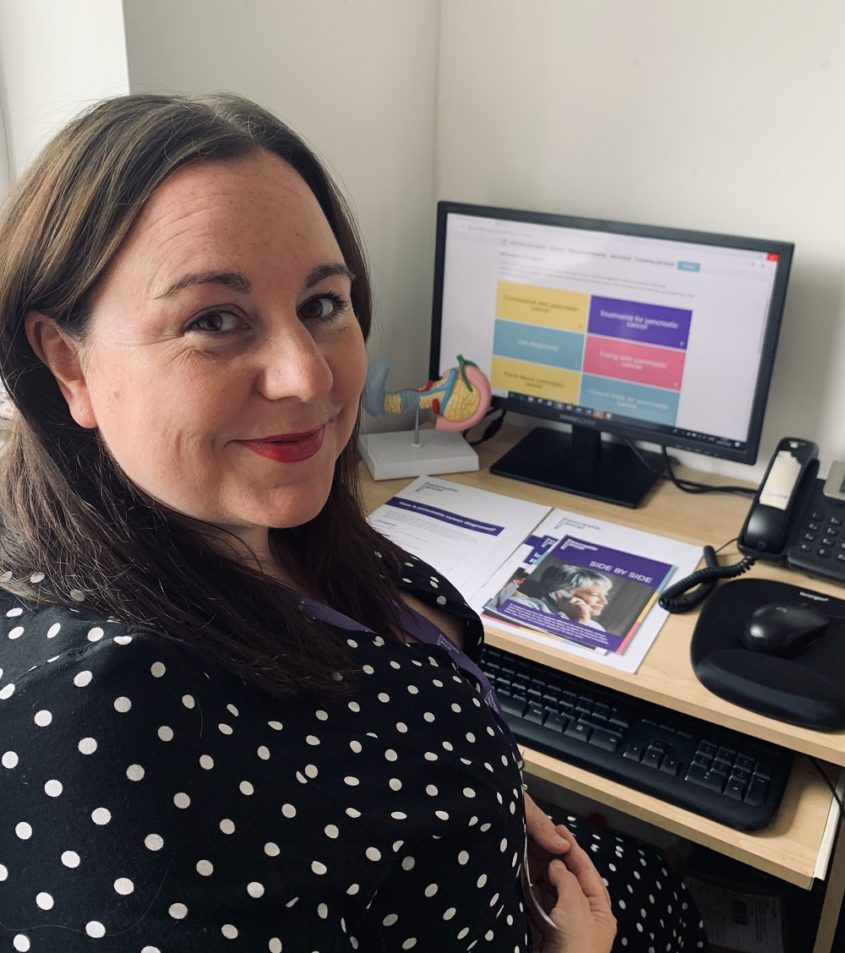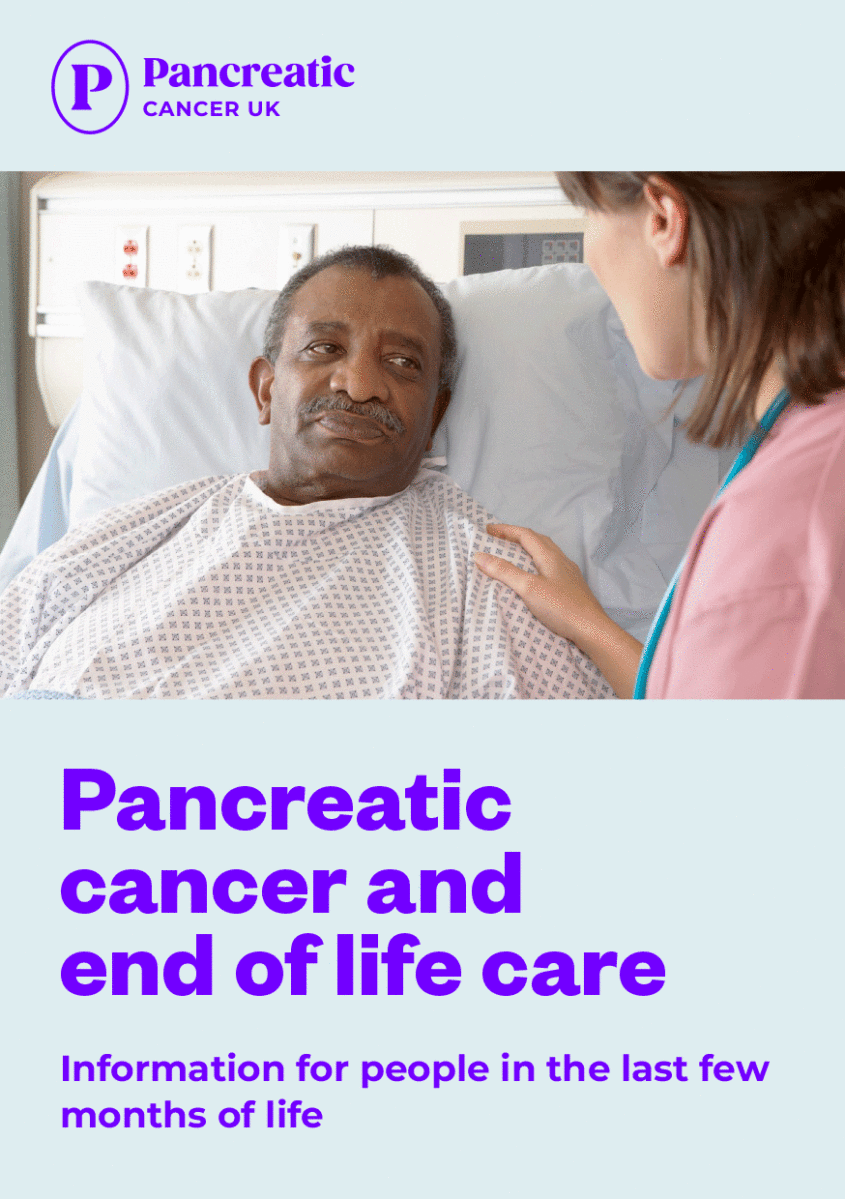Read about other symptoms at the end of life
- Pain towards the end of life
- Fatigue at the end of life
- Diet and digestion at the end of life
- Weight loss and reduced appetite towards the end of life
- Feeling and being sick at the end of life
- Stomach emptying slowly towards end of life
- Bowel problems towards the end of life
- Swelling (ascites and oedema)
- Jaundice in the last few months
- Bedsores towards the end of life
- Anxiety and depression towards the end of life
Fatigue is common for people approaching end of life. Fatigue isn’t the same as just feeling tired. You might feel drained or exhausted. You may sleep more than usual and feel less able to do everyday things. You may also have problems concentrating and remembering things.
What can help fatigue?
- Tell your doctor or nurse if you have fatigue. They can look at what is causing it and how to manage it.
- Physical activity may help if you feel up to it. You could try a short walk or using the stairs.
- Don’t try to do everything on a good day, as it might make you more tired for the next few days.
- Ask to see an occupational therapist. They can help you with ways to save your energy.
- Try to have a time when you nap each day. But try to avoid sleeping too much during the day, as this can upset your sleep at night.
“She had days when she felt good and on those days she did what she could, and when she was particularly fatigued, she wouldn’t.”
Questions about fatigue?
Speak to your nurse if you have any questions about fatigue.
You can also speak to our specialist nurses on our free Support Line with questions about fatigue or any other symptoms.


Read our booklet about end of life care
To read more about fatigue in the last few months of life, download our booklet, Pancreatic cancer and end of life care. Information for people in the last few months of life.
You can also order a physical copy.


Published August 2024
Review date August 2027

